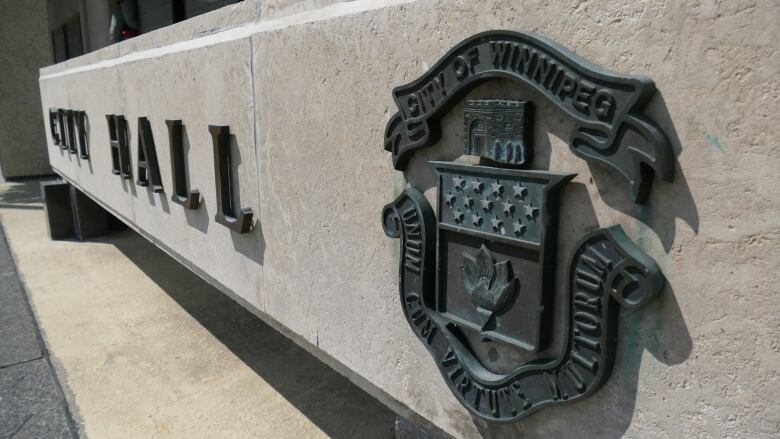City of Winnipeg posts modest budget surplus for 2017
$15M pool of black ink follows early 2017 panic; surplus will be transferred to rainy-day fund

The City of Winnipeg finished 2017 with a $15-million budget surplus, city finance officials declarein their final report for last year.
The small pool of black ink isa 1.5 per cent variance on a total budget of $1.08 billion. It was partlyachieved through what corporate finance officials call "vacancy management," the process of allowing some city positions to go unfilled, city controller Paul Olafson writes in a report to city council's finance committee.
The city also signed what it considers favourablecollective bargaining agreements with some of its unions, including the Winnipeg Police Association, the report states.
The surplus represents a turnaround from early in 2017, when city officials declared a freeze on discretionary spending to deal with the aftermath of a budget-planning mistake.
The 2017 budget relied upon a financial transfer from the 2016 budget year. But an expected surplus evaporated on Boxing Day 2016, when a blizzard buried Winnipeg and wound up forcing the city to use theremainder of that year's snow-clearing budget.
Later in 2017, the city also learned the province intended to transfer less revenue than city officials expected. This led to shortfalls for Winnipeg Transit, ambulances, police cadets andthe Winnipeg police helicopter.
- 'Pain for Winnipeg': Mayor says provincial funding changes will lead to cuts
- Winnipeg urged to raid rainy-day fund to stave off deficit this year
These shortfalls were absorbed by savings elsewhere in the budget, Olafson writes. The city intends to transfer the entire surplus to its fiscal stabilization reserve, a rainy-day fund that has been drawn down in recent years to what finance officials consider the minimum acceptable cushion.












_(720p).jpg)


 OFFICIAL HD MUSIC VIDEO.jpg)
.jpg)



























































































